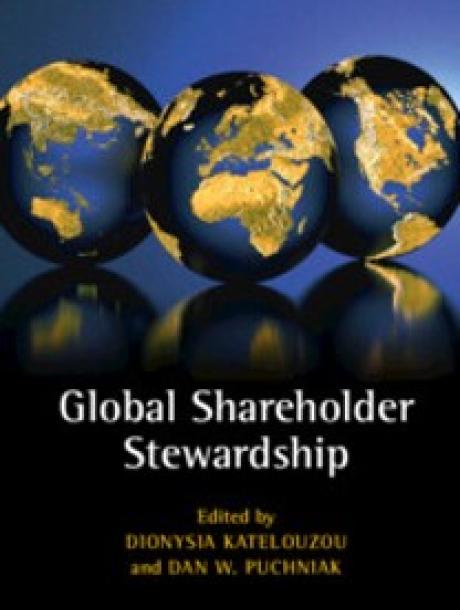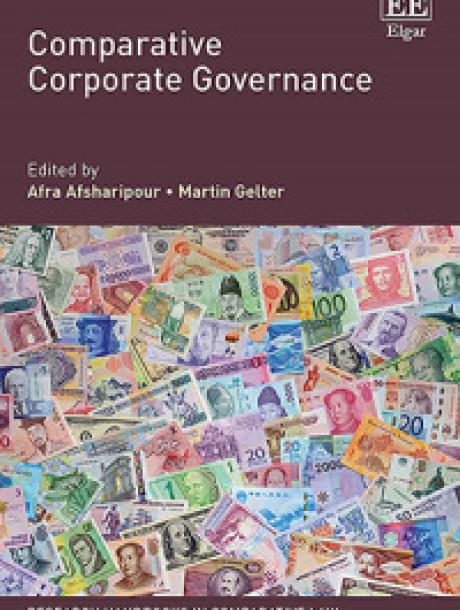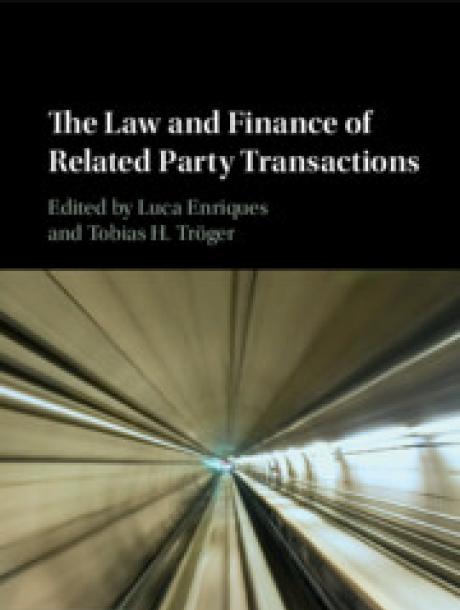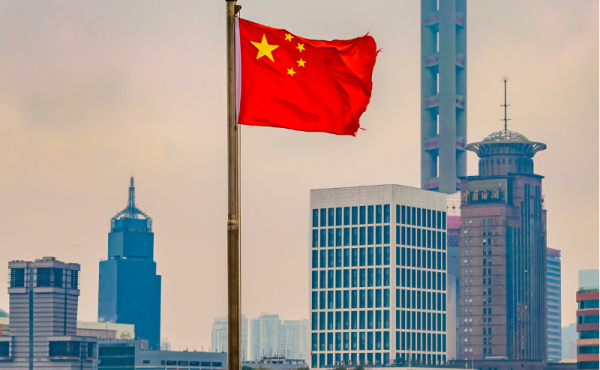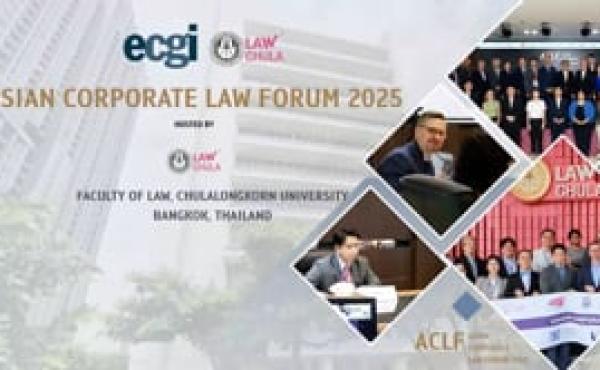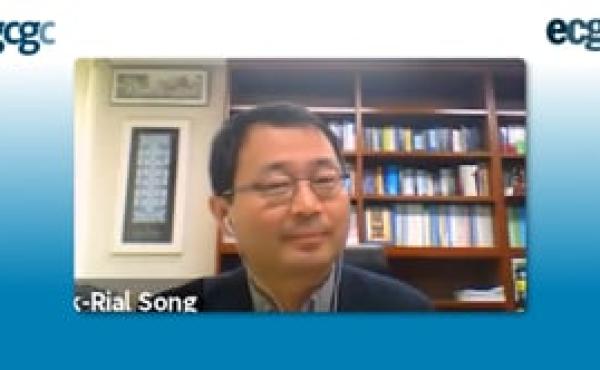
- Research Member
Professor Sang Yop Kang
Biography
Sang Yop Kang is Professor at the Peking University School of Transnational Law. He entered Yonsei University in Korea as a four-year full scholarship recipient (based on the national university entrance examination score). At Yonsei University, he studied economics (College of Business and Economics, graduation at around top 1%). Then, Professor Kang pursued a Masters degree at the Fletcher School of Law and Diplomacy (Tufts University), and finished his law degree at Yonsei University (College of Law, graduation at around top 1%). Professor Kang also holds LL.M. (Master of Law) degree and J.S.D. (Doctor of the Science of Law) degree at Columbia University School of Law, where he was Fiske Harlan Stone Scholar (academic distinction) and Herman Finkelstein Fellow. Also, at Columbia University School of Law, Professor Kang was Research Fellow in the Visiting Scholar Program. Since he taught at Peking University School of Transnational Law, he also visited Columbia Law School as Fellow in the Program in the Law and Economics of Capital Markets. He is a lawyer licensed in New York State. Before he studied law, Professor Kang worked as an analyst and a fund manager. He passed all of three levels of CFA (Chartered Financial Analyst) examinations and a few more examinations in relation to the securities market.
Courses Taught
- Business Associations (U.S. Corporate Law)
- Corporate Governance from the Global Perspective
- Economic Analysis of Corporate Law
- Securities Regulation
- Seminar: Corporations and Financial Markets
- Seminar: East Asian Economic Structure
Research Areas
- Corporate Law (General Theory; U.S.; Korea; China)
- Securities Regulations
- Corporate Governance
- Law and Economics of Corporations and Capital Markets
- Banking Policies and Regulations
- Corporate Group
- Institutional Investors; Hedge Funds; Alternative Investment
- Law and Finance; Law and Politics
- Chinese Economic Policies; Chinese Corporate Governance; Corporate Governance and Economic Policies in East Asia

